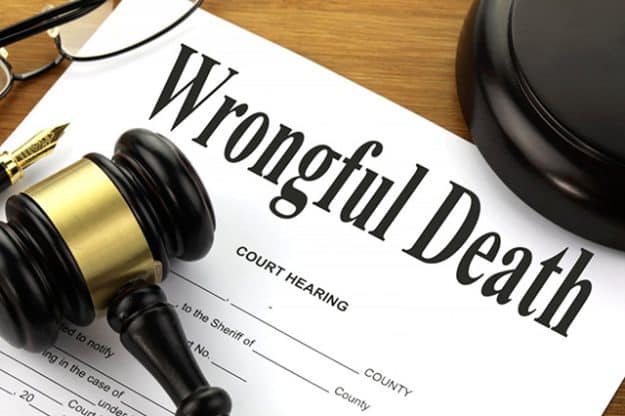The Losses You Can Claim in a Wrongful Death Lawsuit


When a loved one’s life is lost due to someone else’s negligence or intentional harm, it can be excruciating for the surviving family members. Apart from the emotional burden, there are often financial hardships that follow. Families may file a wrongful death case to recover damages for a variety of losses brought on by the death. A wrongful death settlement offers a way to cover these losses, helping to alleviate some of the financial strain on the survivors.
Economic Damages
Economic damages account for the financial losses the family suffers because of the death. Key categories of economic damages include:
-
Medical Expenses
If the deceased received medical care before passing, costs for hospital stays, surgeries, medications, and other services may be claimed.
-
Funeral and Burial Costs
Funeral, cremation, burial, and other similar expenses can be included in a wrongful death claim. Families can usually document these expenses with receipts.
-
Loss of Income
This significant component accounts for the deceased’s expected earnings over their working life. Financial experts assess age, career, and income to estimate a fair amount.
-
Loss of Benefits
This includes benefits like retirement, health insurance, and pensions, which contribute to the family’s financial security.
Non-Economic Damages
Non-economic damages cover intangible losses, acknowledging the emotional toll of losing a loved one. Common non-economic damages include:
-
Loss of Companionship
This reflects the emotional suffering and loss of companionship of family members, especially spouses, due to the loss.
-
Pain and Suffering
This includes the mental anguish of surviving family members as well as any pain the deceased endured before passing.
-
Loss of Parental Guidance
Children who lose a parent suffer from the absence of their parent’s guidance, care, and support. This damage recognizes the loss of the parent’s wisdom and encouragement.
Punitive Damages
Punitive damages are only awarded in court. They aim to penalize the person who caused the death, in contrast to compensatory damages, which are intended to compensate the family for the losses suffered.
Usually, the court only grants damages when the liable party acts carelessly or maliciously. The intention is to highlight the seriousness of the wrongdoing and discourage similar behavior in the future. Victims cannot seek punitive damages during out-of-court settlement negotiations.
Calculating Damages
In a wrongful death case, determining damages can be difficult. Experts such as economists, financial planners, and mental health professionals may help evaluate the financial and emotional impact.
Every case is unique, so calculations are tailored to each family’s circumstances. Factors like the deceased’s age, career, life expectancy, and health and their relationships with survivors significantly determine the settlement.

Final Thoughts
Wrongful death lawsuits are not just about seeking justice but also about securing financial stability for the grieving family. Economic and non-economic damages and potential punitive awards serve as a way to compensate the family for their losses and hold the responsible party accountable.
While no settlement can genuinely replace a loved one, it can alleviate some of the burden. Thus, allowing the family to focus on healing and moving forward.









